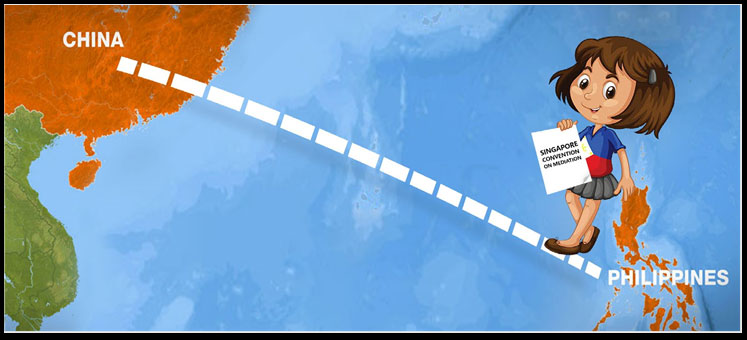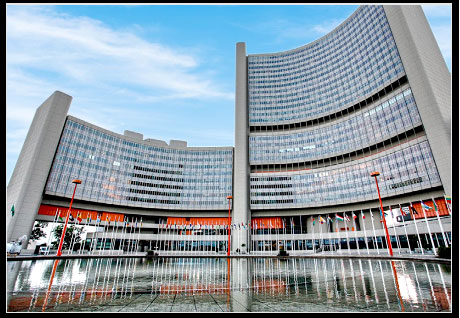In a unanimous decision published on January 8, 2019, the United States Supreme Court ruled on the validity of the “wholly groundless” exception and the delegation of arbitrability questions to an arbitrator.
 In Henry Schein, Inc. et al. v. Archer & White Sales, Inc. (586 U.S. (2019), Justice Kavanaugh’s first opinion, the U.S. Supreme Court held that the “wholly groundless” exception to arbitrability is inconsistent with the Federal Arbitration Act (FAA) as well as prior decisions of the Supreme Court.
In Henry Schein, Inc. et al. v. Archer & White Sales, Inc. (586 U.S. (2019), Justice Kavanaugh’s first opinion, the U.S. Supreme Court held that the “wholly groundless” exception to arbitrability is inconsistent with the Federal Arbitration Act (FAA) as well as prior decisions of the Supreme Court.
Under the FAA, arbitration is a matter of contract and the court must enforce arbitration contracts according to their terms. The Court struck down the “wholly groundless” exception carved out by several Federal Court of Appeals decisions in stating that “parties may agree.
U.S. Supreme Court rejects “wholly groundless” exception on arbitrability of disputes to have an arbitrator decide not only the merits of a particular dispute but also ‘gateway’ questions of arbitrability, such as whether their agreement covers a
particular controversy,” and courts must respect such agreements.
The Supreme Court held that unless there is a clear and unmistakable evidence of an agreement between the parties delegating arbitrability questions to an arbitrator, courts cannot assume that arbitrability questions are delegated. If there is no clear and unmistakable evidence of the delegation of arbitrability questions, such questions are subject to judicial determination.
The case involves a suit brought in federal court for antitrust violations, seeking both money damages and injunctive relief, which defendant sought to refer to arbitration, citing the arbitration clause in the distributorship contract. TheDistrict Court denied defendant’s motion for being “wholly groundless,” stating that the court should resolve the arbitrability question. The Fifth Circuit affirmed the decision. The U.S. Supreme Court vacated the judgment unanimously and
remanded the case back to the lower court.

The Singapore Convention on Mediation:
A boon to international trade
By: Francisco Pabilla, Jr.
Considered a landmark event in alternative dispute resolution (ADR) this year is the scheduled signing on August 1, 2019. in Singapore, and thereafter at the United Nations (U.N.) Headquarters in New York, of the U.N. Convention on International Settlement Agreements Resulting from Mediation. To be known as the “Singapore Convention on Mediation,” it is the first treaty to be named after Singapore among the treaties concluded under the U.N. The Convention shall enter into force following its ratification by at least three member States.
Significance
The Convention is envisioned to facilitate the enforcement of international commercial settlement agreements that resulted from mediation, where the parties are nationals of signatory States. The enforcing parties may directly request the courts or any competent authority having jurisdiction over their foreign counterparts to enforce the mediated settlement agreements in accordance with the conditions set out in the Convention and with their domestic procedural rules.
At present, mediated settlement agreements between international parties are not enforceable unless mediation is part of an arbitration and the settlement in contained in an arbitral award. Without this enforceability factor, mediated settlement agreements suffer from a major disadvantage. Following the ratification of the Convention in August this year, settlement agreements reached through mediation may already be enforced internationally just like arbitral awards under the New York Convention.
The Convention applies to an agreement resulting from mediation and concluded in writing by parties to resolve an international commercial dispute where: (a) at least two parties to the settlement agreement have their places of business in different States; or (b) the State in which the parties to the settlement agreement have their places of business is different from either: (i) the State in which a substantial part of the obligations under the settlement agreement is performed; or (ii) the State with which the subject matter of the settlement agreement is most closely connected.
The Convention does not cover settlement agreements that: (a) have been approved by a court or have been concluded in the course of court proceedings; (b) are enforceable as a judgment in the State of that court; or (c) have been recorded and are enforceable as an arbitral award.
Parties relying on a settlement agreement under the Convention shall provide the court or competent authority where the relief is sought with: (a) the settlement agreement signed by the parties; (b) evidence that the settlement agreement resulted from mediation, viz.: (i) the mediator’s signature in the settlement agreement, (ii) a document signed by the mediator indicating that mediation was carried out, (iii) an attestation by the institution that administered the mediation, or in the absence of (i), (ii) and (iii), any other evidence acceptable to the competent authority.
Origin
 The U.N. Commission on International Trade Law (UNCITRAL), in recognizing the value of mediation as a method of amicably settling disputes arising in the context of international commercial relations, started looking for ways to enhance the enforceability of mediated settlements in 2014. It was inspired by the New York Convention, under which arbitration awards become directly enforceable in many countries.
The U.N. Commission on International Trade Law (UNCITRAL), in recognizing the value of mediation as a method of amicably settling disputes arising in the context of international commercial relations, started looking for ways to enhance the enforceability of mediated settlements in 2014. It was inspired by the New York Convention, under which arbitration awards become directly enforceable in many countries.
During its 48th session in 2015, UNCITRAL mandated its Working Group II (WGII) on Dispute Resolution to commence work on the enforcement of settlement agreements to identify relevant issues and develop possible solutions, including the possible preparation of a convention, model provisions, or guidance texts.
In 2017, during its 50th session, UNCITRAL expressed support for WGII to prepare a draft convention on international settlement agreements resulting from mediation as well as a draft amendment to the UNCITRAL Model Law on International Commercial Conciliation of 2002. In February 2018, during its 51st session, UNCITRAL finalized and approved the draft convention on international settlement agreements resulting from mediation. During this session, UNCITRAL received an offer from the Government of Singapore to act as host and organize a ceremony for the signing of the convention outside the premises of the U.N.
In December of 2018, the 73rd U.N. General Assembly in New York passed a resolution adopting the Convention and to name it after Singapore.
